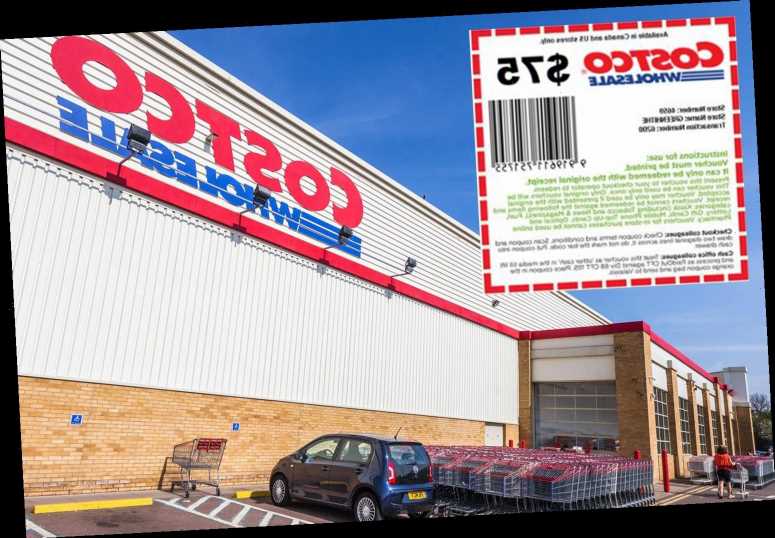COSTCO in the US is warning shoppers about $75 coupons scams that could hand thieves your personal details.
The scam tells Facebook users that they'll receive a voucher if they share an image and link of a fake Costco coupon.

The exact wording varies between posts but The Sun has seen one that claims the free vouchers are handed out to celebrate Costco's 45th anniversary.
The coupon appears to be legitimate, with a store number and transaction number as well as instructions for the cashier.
But if you click on the post, you'll be taken to a fake website that asks you to answer a few questions.
Users are generally also asked to provide personal details, such as their name, address and phone number.

But it's a scam, Costco has confirmed, and users who complete the survey give away their personal details to criminals.
The retailer has warned about similar scams several times before, but has done so again as shoppers continue to fall for the fake coupons.
Costco wrote on Facebook yesterday: "Despite several posts out there, Costco is NOT giving away $75 coupons.
"While we love our fans and our members, this offer is a SCAM, and in no way affiliated with Costco.
"Thanks to our fans for letting us know about this recurring hoax!"
How to protect yourself from scams
BY keeping these tips in mind, you can avoid getting caught up in a scam:
- Firstly, remember that if something seems too good to be true, it normally is.
- Check brands are verified" on Facebook and Twitter pages – this means the company will have a blue tick on their profile.
- Look for grammatical and spelling errors; fraudsters are notoriously bad at writing proper English. If you receive a message from a “friend” informing you of a freebie, consider whether it’s written in your friend’s normal style.
- If you’re invited to click on an URL, hover over the link to see the address it will take you to – does it look genuine?
- To be on the really safe side, don’t click on unsolicited links in messages, even if they appear to come from a trusted contact.
- Be careful when opening email attachments too. Fraudsters are increasingly attaching files, usually PDFs or spreadsheets, which contain dangerous malware.
- If you receive a suspicious message then report it to the company, block the sender and delete it.
It's not the first time that scammers have used big brand names to try and steal details or cash off victims.
For example, an Amazon Prime scam has conned unsuspecting victims out of more than £400,000 in just one month.
While shoppers are being urged to avoid fake £85 Aldi UK vouchers being shared on social media as it could allow fraudsters to steal personal information.
Source: Read Full Article
